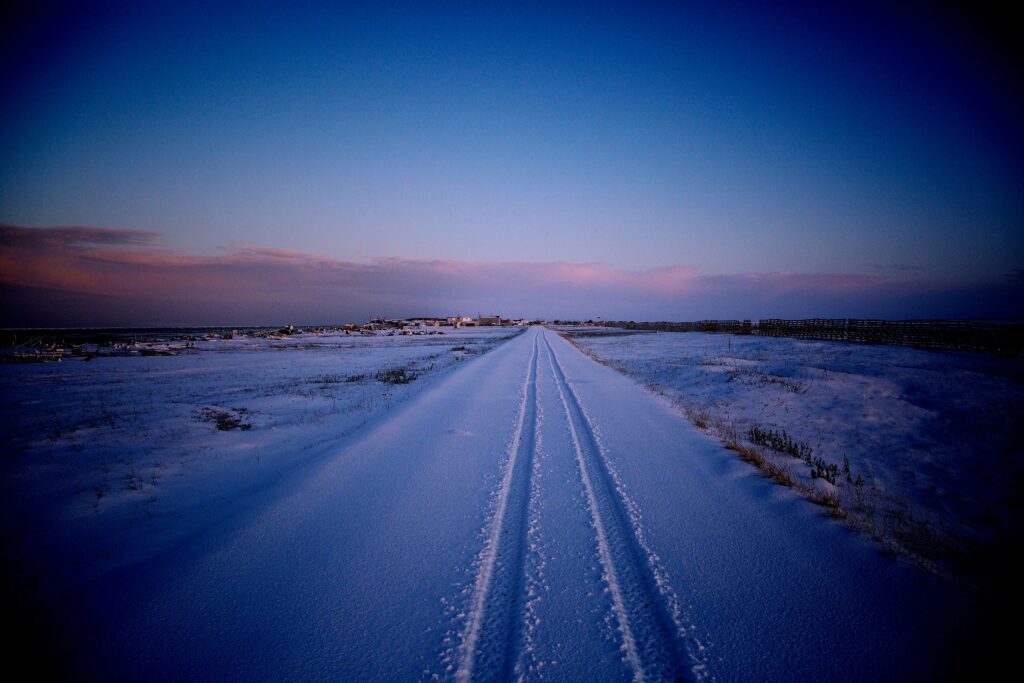
There is a growing consensus among Arctic researchers and Arctic nations (SAON, USAON, Arctic Science Ministerial) that it is important to operationalize Arctic observational knowledge for the purposes of achieving societal goals. These goals include understanding and adapting to extreme events. However, less understood are the legal and policy-based opportunities and constraints that decision-makers have to respond to extreme events. For example, in communities across the Arctic, ecological shifts paired with fluctuating social conditions will push individuals, families, and larger social groups to relocate because of repetitive flooding, erosion, and infrastructure destruction following flooding events. However, adapting to repetitive flooding is singularly challenging from a policy perspective in the US today. This project responds to the need to understand adaptation possibilities from both local and policy perspectives.
While repetitive flooding is pervasive across the United States, it is especially dangerous for 31 Alaska Native communities. At least 12 of these communities have expressed a desire to relocate as an adaptation strategy (GAO 2009), yet there have been no successful relocations to date. Researchers have called for new governance frameworks to address this gap in disaster response policy to allow for relocation (Bronen 2010, Marino 2015). Additionally, new research suggests that Indigenous communities are particularly at risk of repetitive flooding hazards because relocation policies are written in ways that privilege nuclear families and individual households instead of the place and community-based social organization that is characteristic of Inupiat communities (Marino 2018).
The goals of this project are to record and triangulate cultural mandates of what successful adaptation looks like for Shishmaref residents, with the possibilities for adaptation that exist under current US federal and state law and policy. This triangulation will determine the suite of possibilities that exist for Alaska communities faced with relocation pressure, and facilitate understanding of whether existing frameworks allow for what is needed. This includes comparing case studies of relocation from across the US.
While the last two decades have seen a steep rise in scholarship on the social science of climate change in the Arctic, there has been an undertheorization of adaptation from a cross-cultural and decolinizing perspective. This project will address this gap by accomplishing three distinct tasks: 1) We will test a new methodology of data collection by having the PI from Shishmaref conduct an ethnography of local adaptation possibilities without using an interview script, but will instead employ more locally appropriate methods of solicitation that do not rely singularly on interrogation; 2) we will collect and identify what is possible from a federal policy perspective in order to address relocation and adaptation in response to repetitive flooding. However, we will also frame these strategies as socio-cultural constructions that are rooted in particular cultural paradigms, and will theorize them as such; 3) we will compare these knowledge sets to understand how cultural perspectives inform what is considered adaptive and/or maladaptive under changing climate and weather conditions.

